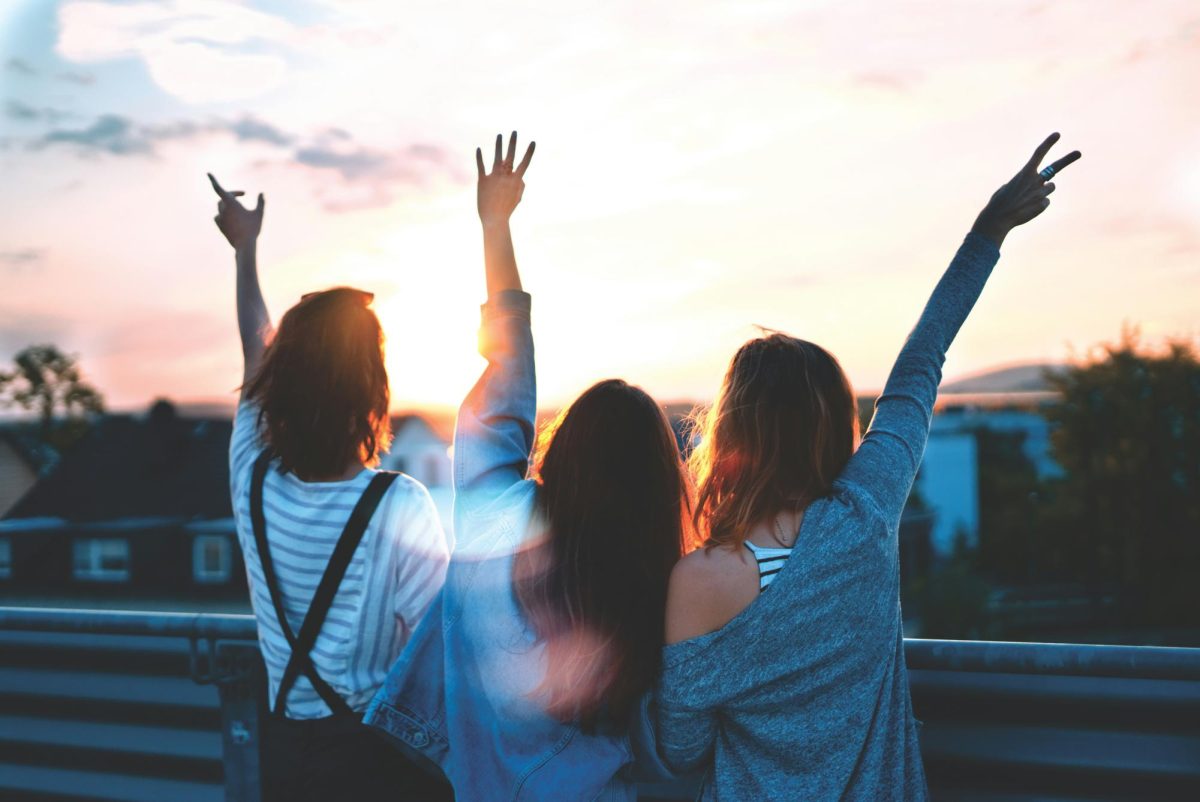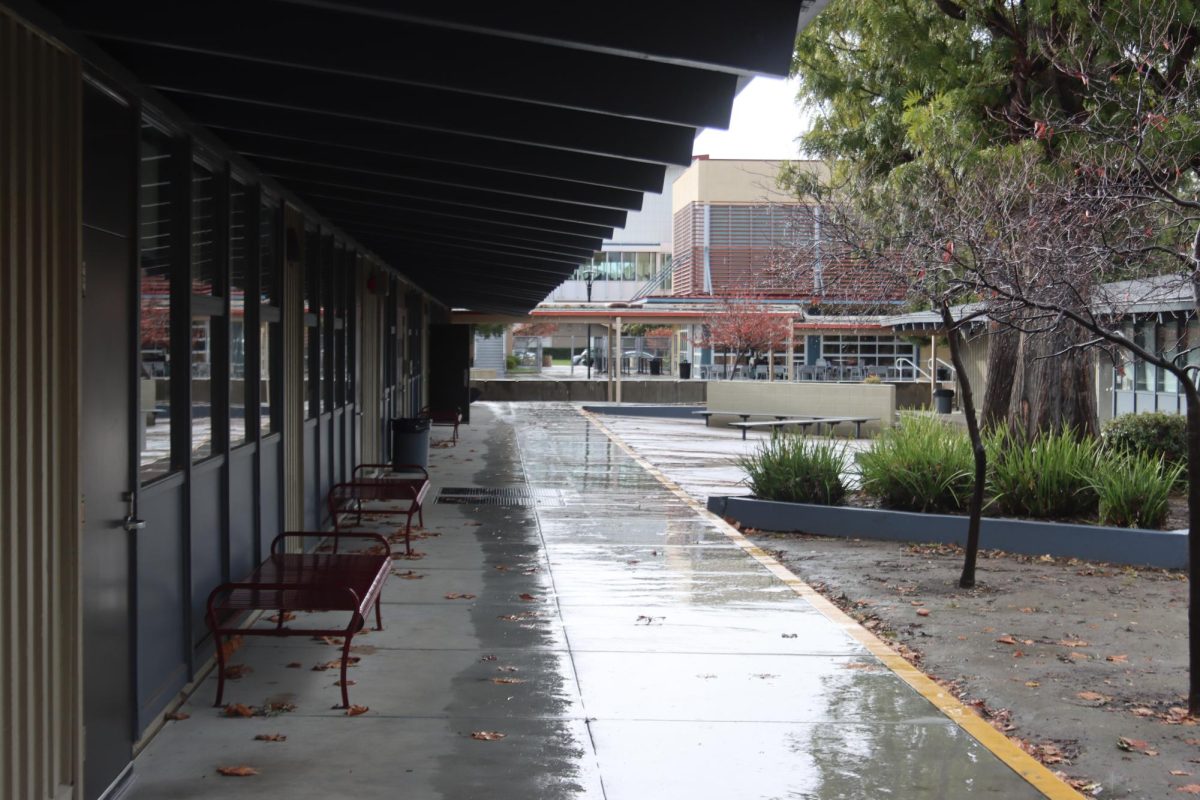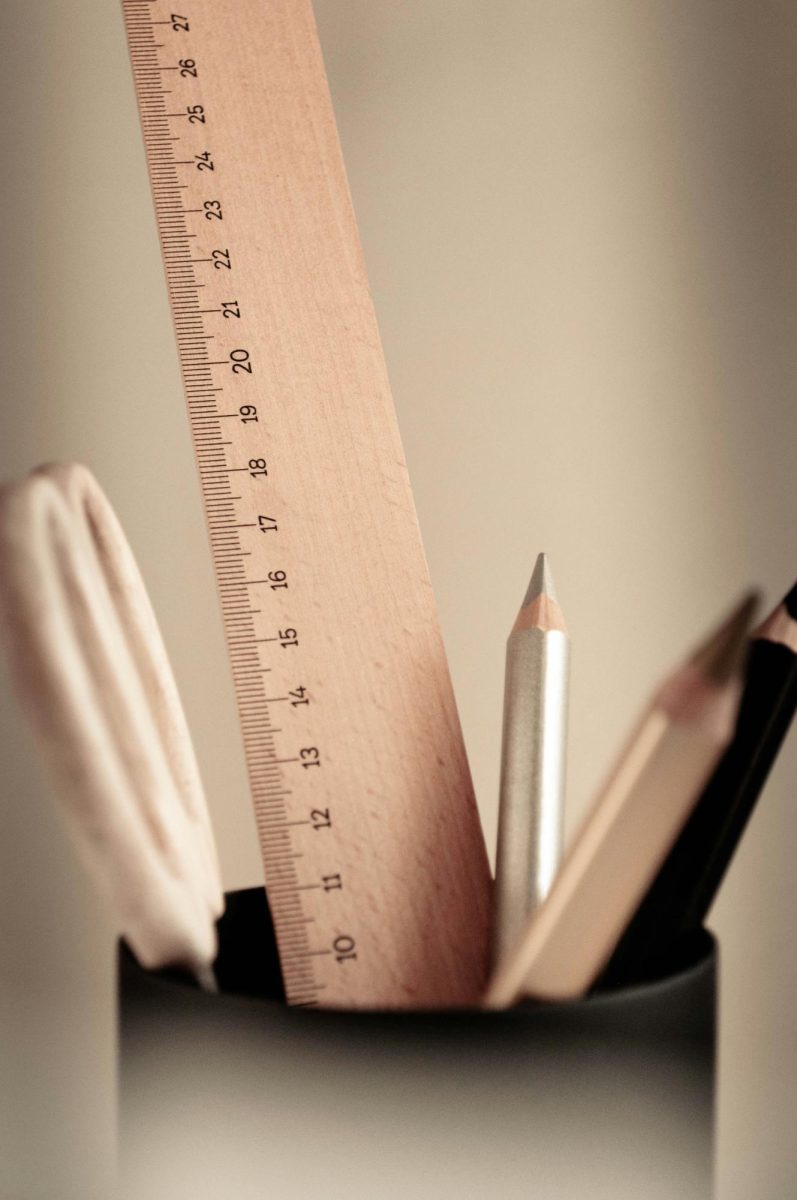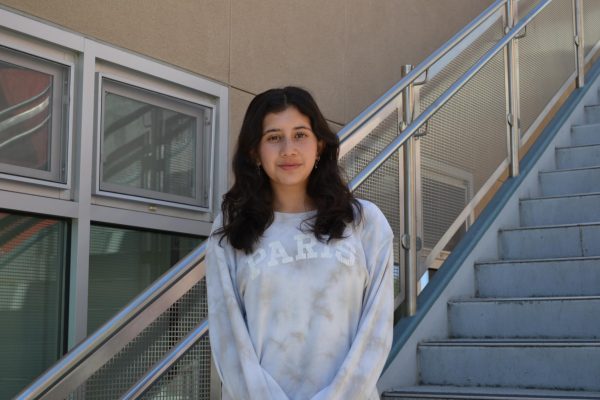The desire to succeed manifests itself in various ways, from high schools where students desire to attain the best grades and be admitted to prestigious universities, to the workforce, where employees aim to gain promotions and acquire wealth. However, this obsession becomes extreme at a certain point and potentially becomes unfavorable in other ways.
The media’s portrayal of self-improvement tactics often contributes to a toxic mindset toward hustle culture. Harmful study hacks like the “Kay Chung Method,” which has infiltrated TikTok since March 2023, influence viewers to pull an all-nighter to study.
Kay Chung is a 22-year-old dental school student who humorously documents her all-nighters on TikTok. Her study method involves details on using active recall, a technique for remembering lecture material. She records her high caffeine intake and consistent dedication to studying.
While such media is entertaining, its dominance over social media platforms can be harmful and promote a mindset of not prioritizing one’s health.
Each person’s sleep schedule varies by a combination of genetic, cultural, environmental and behavioral influences. Said the Harvard Medical School Division of Sleep Medicine, “A given individual may be outside that range [of seven to nine hours]: some people need as little as six hours, and others require slightly more than nine.”
With teenagers—particularly in the Bay Area—having to live up to higher standards and experiencing more competition from peers, this media can cause them to push their limits to the maximum and burn out.
According to PhD data scientist Imed Bouchrika’s study on research.com, 31% of students in the United States listed finals and midterms as the top source of their stress. Academics have taken on a larger and more important role in students’ lives, resulting in negative consequences. The National Center for Education Statistics found that students in recent years take a more extensive course load than before.
“For me personally, a main source of my stress does come from school academics and extracurriculars,” said senior Karan Jha. “There are definitely personal things that affect my stress, too, but I think a main source throughout my life has generally been school.”
Jha mentioned the prevalence of academic pressure in the Bay Area due to parental influences and the desire to get into a good college. However, this academic mindset has certain advantages.
Said Jha, “I think it definitely pushes people to do their best in reaching their full potential, although it can be quite unhealthy because it creates a lot of unnecessary pressure.”
Although it is important to stay motivated and strive to improve oneself, this should not be at a point of affecting one’s health through poor sleep and nutrition. Many Cupertino High School students often “brag” about a lack of sleep due to studying or school extracurricular activities. Yet this mindset seems to change as students grow older and gain more perspective.
Said Jha, “I’ve been seeing this more recently [where] people are more concerned with the fact that you’re not getting as much sleep and it doesn’t become as impressive.”
Though students remain competitive, their maturity levels likely lead them to be more concerned with proper nutrition and health.
Self-improvement is important in providing meaning to our lives. Students should place emphasis on hobbies they are truly interested in rather than mindlessly studying without a final goal in sight.










